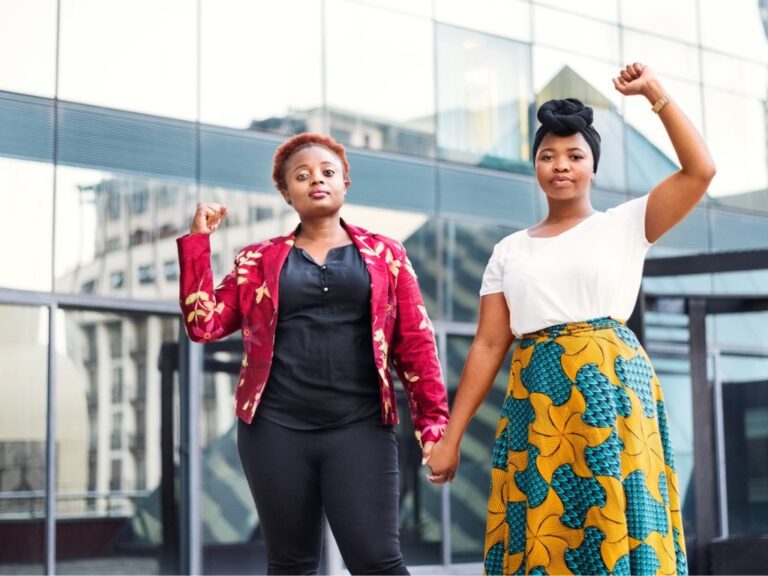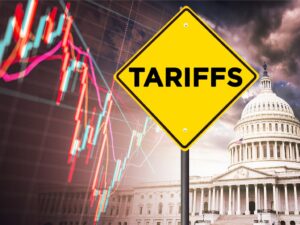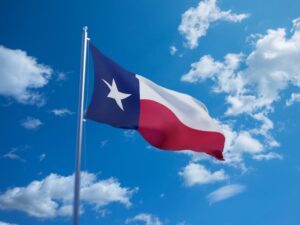Employee Protest Protections: Lessons from Recent Title VII and NLRA Cases
June 6, 2024

In Kinzer et al. v. Whole Foods Market, Inc., the U.S. Court of Appeals for the First Circuit revived a Title VII lawsuit of an employee terminated for wearing a Black Lives Matter (BLM) mask, contrary to Whole Foods’ dress code. According to an article by law firm Constangy, Brooks, Smith & Prophete, the court’s decision highlighted that many employee protest protections under Title VII apply if the employee reasonably believes in the truth of their complaints.
Protected activities under Title VII include picketing, complaining to customers and suppliers, reporting to the media, and posting on social media about alleged workplace discrimination. Employers may face legal consequences if they take adverse actions against employees engaged in such protected activities, even if the complaints are false, provided the employee reasonably believes them to be true.
The article cites the Supreme Court’s decision in Muldrow v. City of St. Louis, which has lowered the threshold for what constitutes an adverse employment action, potentially increasing employers’ liability.
The National Labor Relations Act (NLRA) also protects employees who protest against workplace discrimination, as seen in the NLRB’s decision in Home Depot USA, Inc. The NLRB reinstated an employee dismissed for refusing to remove a BLM message from his apron, emphasizing that employers must demonstrate significant risks or disruptions caused by protest activities to justify disciplinary actions.
Employers face challenges in proving these risks, especially regarding dress code violations, where customer interactions and company image are insufficient defenses. Exceptions include protests for personal gain, hostile actions, profanity, and attacks on unrelated business practices.
Constangy, Brooks, Smith & Prophete suggest that employers should consistently enforce dress codes, avoid overreacting to protest activities, and seek legal advice to navigate the complexities of employee protest protections and retaliation claims.
Critical intelligence for general counsel
Stay on top of the latest news, solutions and best practices by reading Daily Updates from Today's General Counsel.
Daily Updates
Sign up for our free daily newsletter for the latest news and business legal developments.




